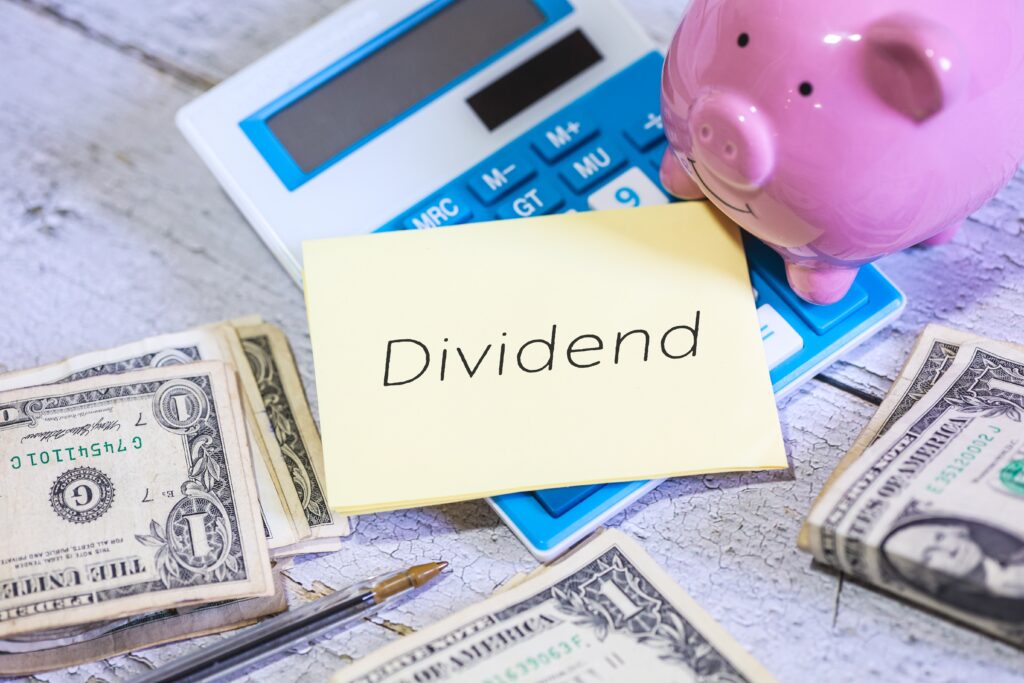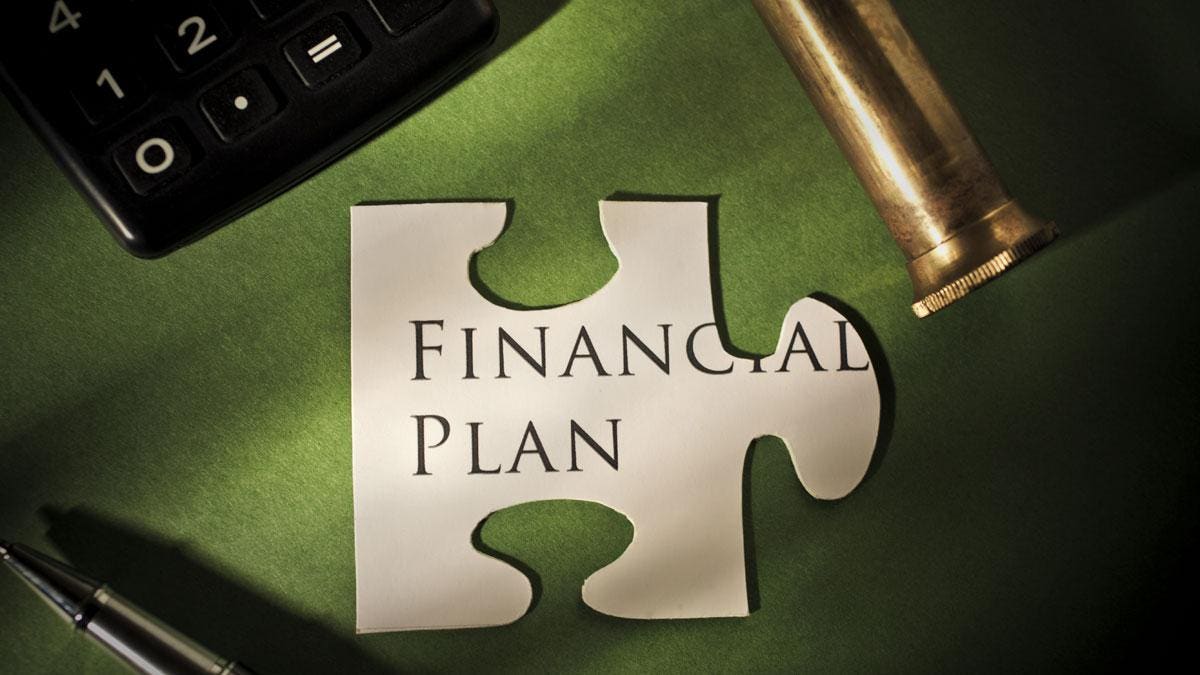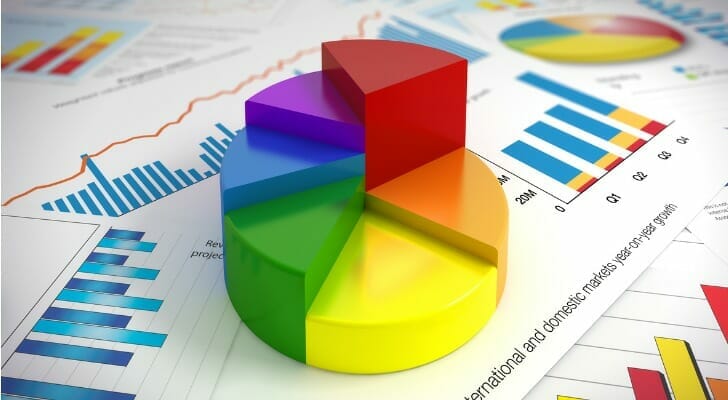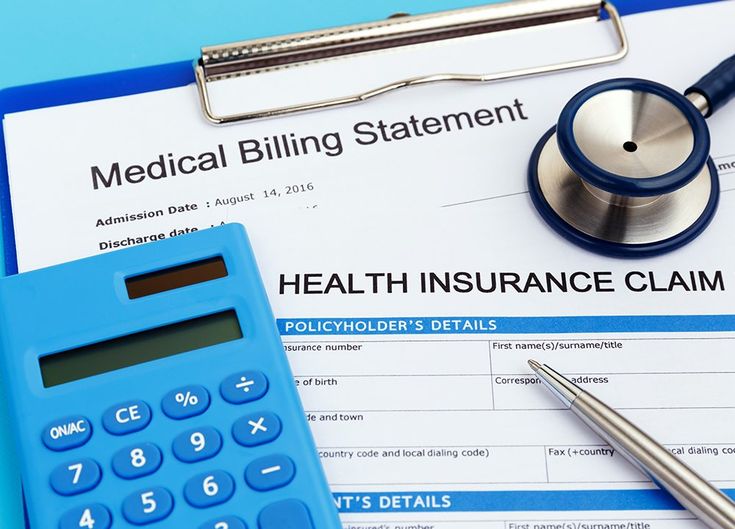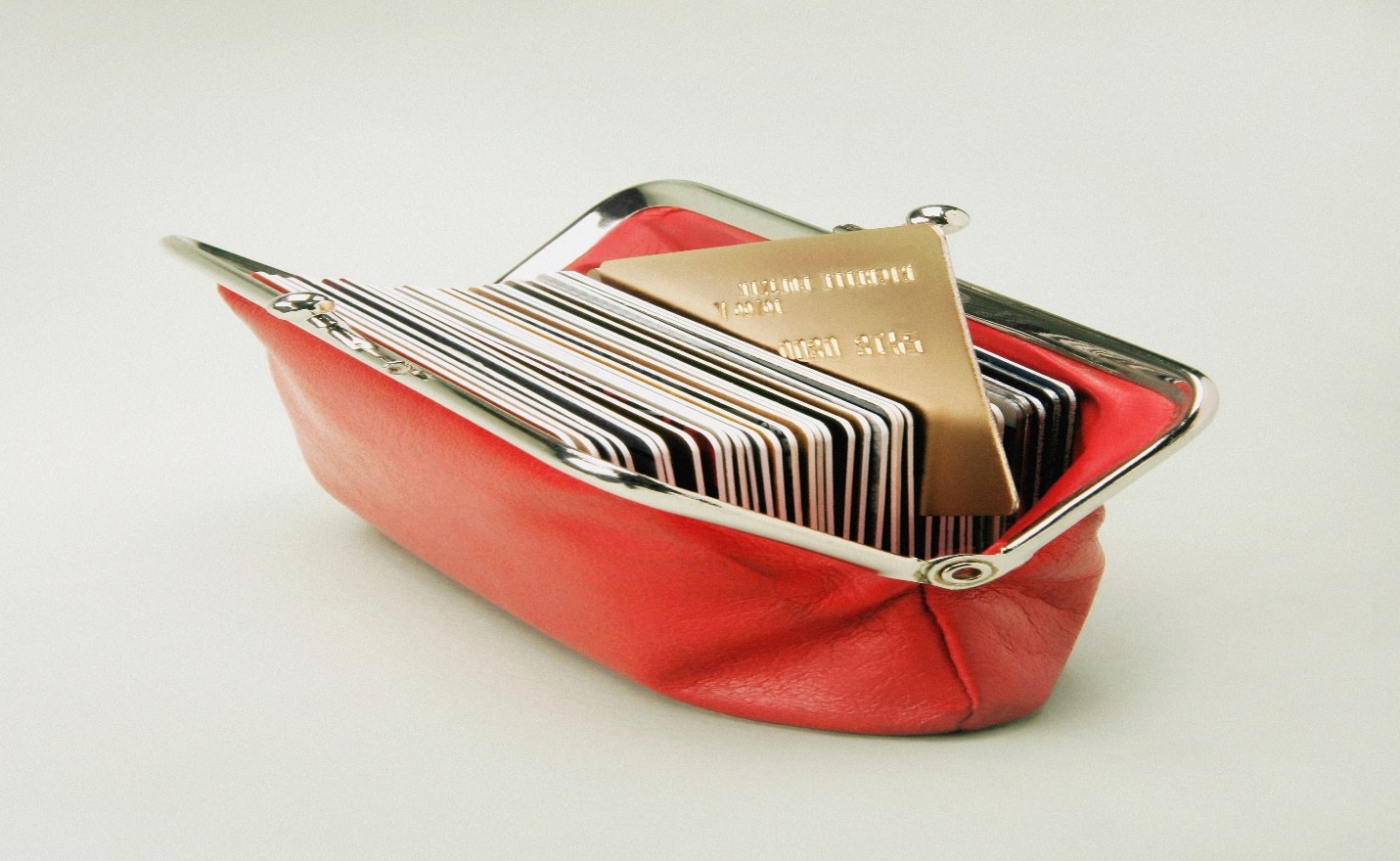The emergency fund is one of the important parts of any monetary plan. It is a safety-net which will help you take care of unexpected expenses without falling into debt. Be it repairing a car, paying an urgent medical bill or job loss, having an emergency fund ensures you're prepared for life's unknown twists and turns. This article has brought out why creating an emergency fund matters, how you can build one, and explains how to know how much to save.
Why There is a Need of Emergency Fund?
Emergency situations are highly unpredictable and always costly. You might have to depend on credit cards and loans or even plunder your retirement savings if you lack such savings. In a Bankrate survey conducted in 2022, it was established that only about 44% of people in America have access to savings to fund an unexpected expense of $1,000. This is a clear example of people's financial vulnerability when emergencies occur.
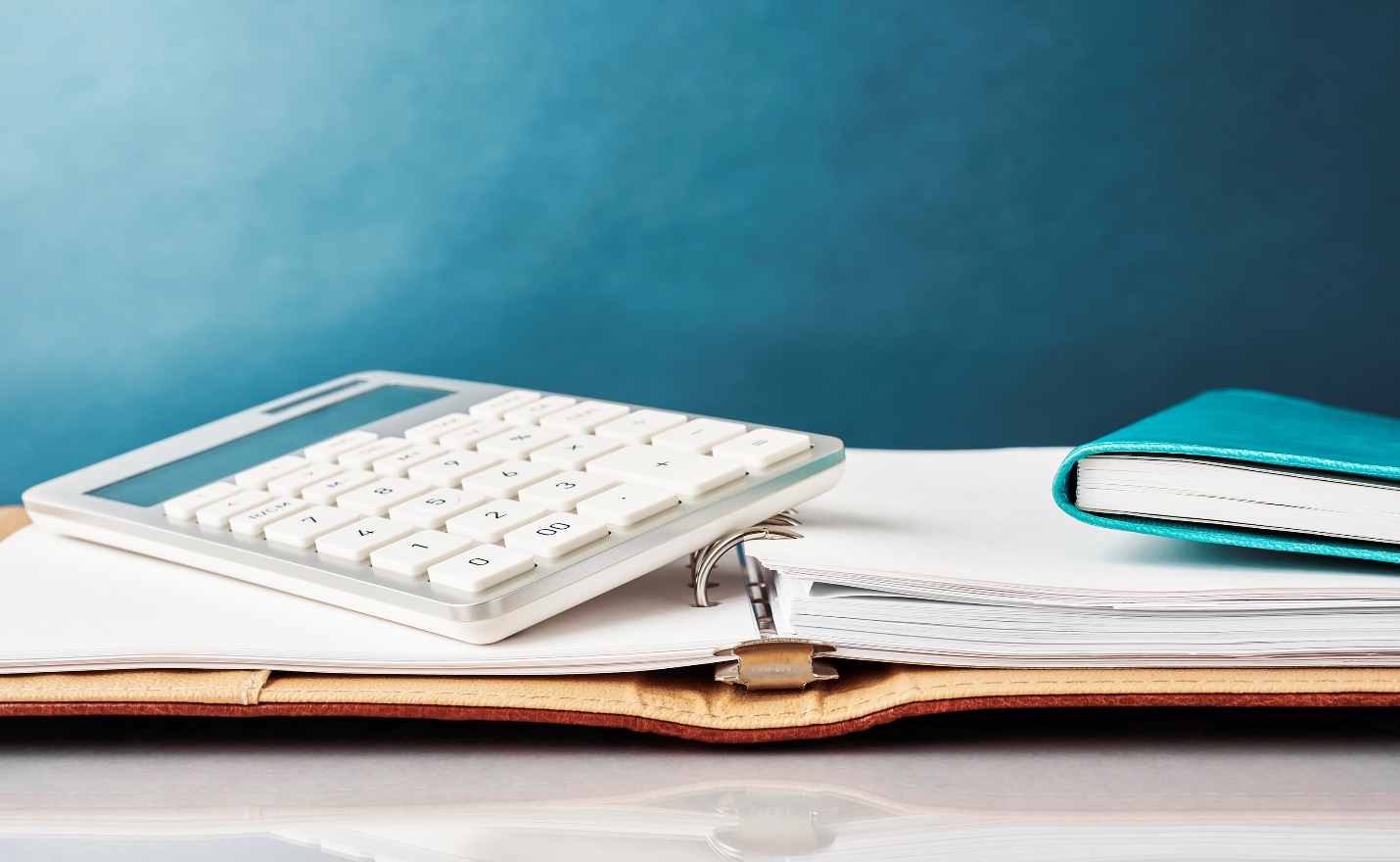
Emergency fund helps you in the following ways:
- Avoid debt interest: Credit cards as well as payday loans frequently incur heavy interest, sometimes more than 20% annually. An emergency fund prevents that.
- Monetary Stability: It gives you a sense of security as far as you know that you will be able to deal with any unforeseen events without financial stress.
- Avoid Interruptions of Long-Range Goals: You will never have to raid retirement savings or investment accounts to pay for short-range needs.
How Can You Save?
The rule of thumb to go by is having an emergency fund that can cover expenses of 3-6 months. It would be great to plan for a fund that falls into the range between $7,500 and $15,000 if your monthly expenses are $2,500 (rent, utilities, groceries and transportation). However, it will depend much on your circumstances:
- Single with No Dependents: Maybe a smaller emergency fund to cover 3 months' worth of expenses can suffice.
- Married with Dependents: Shoot for 6 months or more since married people with dependents have more liabilities.
- Unstable Income or Self-Employed: Prepare at least for a year's worth of expenses to safeguard against irregularity of income.
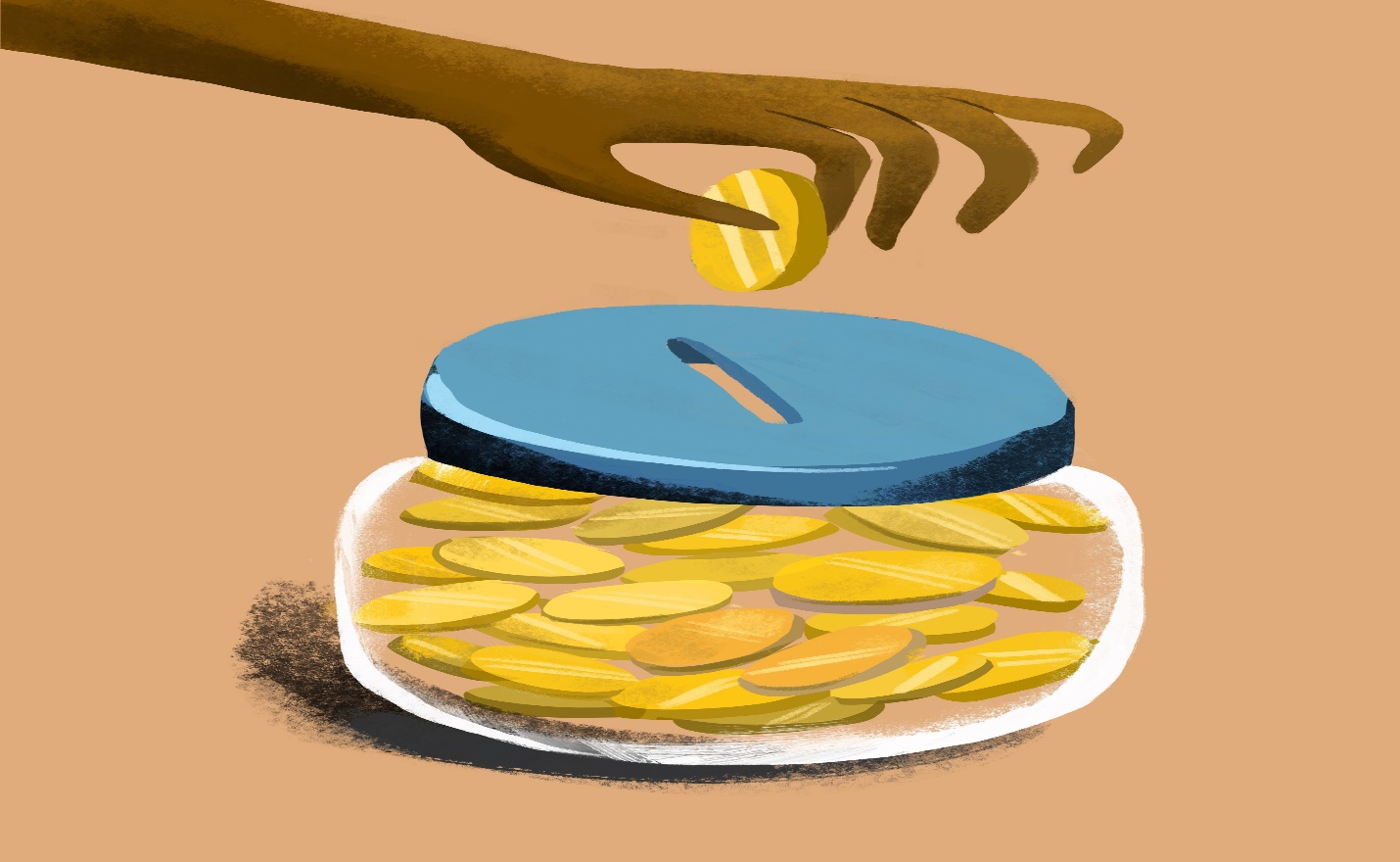
Where to Keep Emergency Fund
Put emergency fund in easily convertible liquid form and open a high-yield saving account. You can receive some interest while keeping it safe, and you can make withdrawals at any time. There are accounts offering interest rates of 4% or higher, which makes your money grow more quickly compared with the traditional account at a lower return.
You can make:
- Money Market Accounts: In such markets, you can earn a higher rate of interest on a money market account than with your standard savings account; however, you should still be able to access your money relatively easily.
- Certificates of Deposit (CDs): If you have an adequate emergency fund, you may invest some of your money in a CD to earn an even higher rate of interest, but make sure you also leave some liquid.
Building Your Emergency Fund: Practical Tips
Breaking it down step by step is much easier from a blank slate overwhelms starting from scratch:
- Set up a Monthly Savings Goal: You will be astonished how fast $100 per month adds up to $1,200 in one year. Then regularly increase the amount with the improvement in your financial situation.
- Automation of Savings: Set up automatic transfers to your emergency fund every payday. Thus, saving becomes effortless and consistent.
- Cut Unnecessary Expenses: Find a place to cut a few dollars here and there. For instance, cutting $50 out of your dining budget per month puts $600 in your emergency fund each year.
- Save Windfalls and Bonuses: Spare some of that tax refund or bonus or cash gift. Maybe even half of your $2,000 tax refund can give you $1,000 added in your emergency fund.
- Earn Extra Income: Other ideas include side hustles or getting rid of items lying around to hasten saving. In freelancing, you could make a total of $200 extra per month. If you can make as much as that on the side, you will save faster.
When to Use Your Emergency Fund
Your emergency fund is there for pressing needs-critical, unexpected, and necessary costs. Some of these may include:
- Health-related Emergencies: Payment for the sudden rise in healthcare costs or medicine.
- Vehicle Repairs: You may need to repair a car that's essential for your daily work-trips.
- Home Repairs: Paying for emergency repairs like fixing a leaky roof.
- Job Loss: Providing you with temporary income until you find a new job.
Do not use your emergency fund on frivolous purchases like vacations or fancy products. You'll be saving it for when things really start going wrong.
Refilling Your Emergency Fund
After you've made withdrawals from your emergency fund, you should begin to refill it right away. Here's how:
- Adjust Your Budget: Save more to replenish as quickly as possible. Assuming you drew $1,500 from your emergency fund, you should save $300 for it to get replenished in 5 months.
- Put Other Financial Goals on Hold: Stop the contributions of the other goals such as holiday savings or a dream vacation and give them to replenish the emergency fund until you have replenished it.
- Use Other Sources of Income: Use the bonuses, side jobs, or tax refunds to invest in your emergency fund.
Calculating Emergency Fund Success
You can't measure success if you do not know where you are. Here are some helpful metrics:
- Emergency Fund Ratio: Determines how many months your fund can cover expenses. The $6,000 fund defined above would cover three months of the $2,000 monthly expenses.
- Savings Rate: Determined by taking the percentage of income that you save every month. Aim for 20% or more, and you'll be there in no time.
- Interest Earned on Emergency Savings: If the high-yield savings account has an interest rate of 4%, that $10,000 savings will earn $400 per year, which will defray any inflation happening on that.
Future Outlook
An emergency fund is something that's very important to your financial security. It will help protect you from unexpected expenses, avoid high-interest debt, and keep you on the right track with long-term goals. Start small, be consistent, and definitely give priority to building your fund in order to ensure financial security in the future. A robust emergency fund will empower you to face financial challenges. You will have peace of mind and financial stability.

